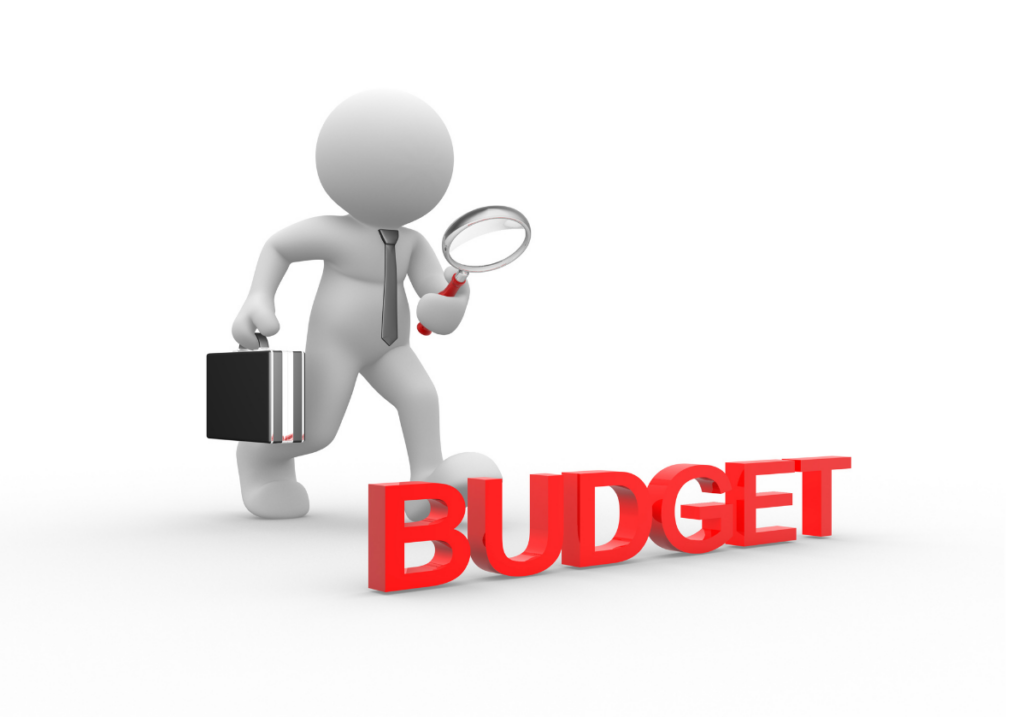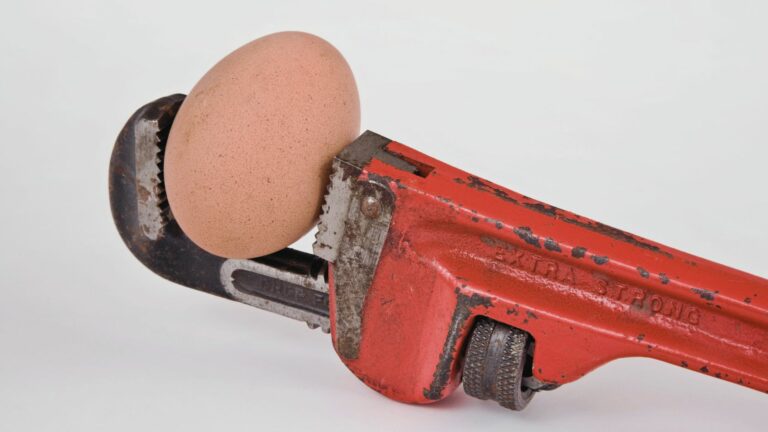( Reading Time: 7 min 43 sec )
We all understand the importance of budgeting, yet many of us need help initiating or maintaining effective budgeting practices. These struggles can differ for each individual, creating a unique blend of obstacles. It took Jeanine, my wife, and me several years to gain and maintain momentum. Watching others around us struggle, we choose to get trained and obtain certification as budgeting coaches.
Most people would not consider budgeting something they look forward to. Thanksgiving, birthdays, and anniversaries are seasons and days we look forward to unless they aren’t adequately funded. Budgeting often feels like the unwelcome spoiler of life’s best moments. But let’s take a step back and reconsider our approach. Budgeting shouldn’t just serve the numbers; it should serve us, the budgeters. Budgeting can become a powerful tool supporting necessity and desire when done right. It’s not just about crunching numbers; it’s about understanding what empowers and weakens a budget. Budgeting done right will feel like something other than our adversary; it will feel like a winning partner.
We wrote this article to give others a glimpse of the hope we found and the success others we have coached have achieved through effective budgeting. In this piece, we delve into why we tend to procrastinate and how our bias toward budgeting keeps us from making it a true partner in accomplishing our goals. We aim not simply to give it another try but to truly learn how to make it work.
Understanding the Struggle
Our financial struggles are not solely attributed to a lack of budgeting. It would be akin to suggesting that a forest brimming with trees fails to become a house due to the absence of a hammer. In such a scenario, we can build a log cabin or even create an Adobe-style home using mud and straw instead of relying on the trees. The essence of our message is that financial peace can still be attained without a budget, as the struggle does not stem from its absence.
So, where does the struggle truly originate? The answer lies in the type of financial struggle one has encountered, is currently facing, or will face in the future. Finances have the potential to protect us from adversity, minimize our challenges, or open doors to new opportunities. Our financial struggles often arise from missed chances to shield ourselves or expand our horizons.
Once again, we must ponder what causes us to overlook opportunities for different financial decisions. In this regard, we will explore a few significant factors:
- Lack of Vision and Hope
- Lack of Information
- Lack of Experience
The following discussion will delve into these aspects and their impact on our financial journey.

Lack of Vision and Hope
When we lack vision and hope for the future, it becomes challenging to prioritize our finances with long-term goals in mind. This doesn’t mean we should use all our resources for the future. It means the future is part of our reality that needs to get some of our attention and some of our resources. Without hope, the future feels more like fate. It feels like something beyond our control. If we cannot control it, why would we waste our resources investing in what we could spend on other things today?
Without hope in the present, all future events become tainted by doubt. We will discuss how to overcome the impact of this toxic mindset later in the article. Right now, we need to understand that a vision for the future will only motivate us in the journey once we grow some hope in the present.
When we lack hope, challenges fill us with despair. It isn’t that we believe there is no hope, but instead that we haven’t found it yet. With despair, we are likely to turn to financial therapy. I am not speaking of talking with a coach or psychiatrist here. The therapy we tend to lean into is shopping therapy or restaurant therapy.
Hope and a realistic vision will move us from personal therapy to goals, growth, and a better future.
Lack of Information
Lack of information can significantly contribute to financial struggles without access to essential information and details about personal finances. When we first moved out of our parent’s home on our own, there were many things we did not know. When buying a home and moving in, a lack of information can turn the dream of home ownership into a nightmare. Investing money to plan for retirement seems so slow. A lack of information can rob us of everything we put in. History is full of examples of all these and more.
If you believe what you see in current commercials, you would believe the key to financial progress is a higher credit score. They show people who get a higher credit score and a better standard of living. The credit score rises again, and so does the standard of living. On and on the commercial goes. It appears to be a guarantee, and we know many people who think it is, even without exposure to that commercial.
Educating oneself about personal finance and seeking the necessary information to make informed financial decisions is essential. A lack of information and a need for speed will take our money, and speed will be how fast it moves out of our future into someone else’s pockets without meaningful returns for us.
Lack of Experience
If only knowing was all it took to do things. When people are not budgeting, it takes about ninety days to get good at it. The first month is rarely, very rarely, a raging success. It makes you wonder how many people may have gotten good at budgeting if they had accurate expectations. Knowing it takes both time and cycles would have made them less ineffective.
The abovementioned issues, moving out of home on our own, buying cars, or even buying a home are all things others have done before us. The best question is how do we determine if someone did it well? Anyone can give us advice, but the best advice comes from those who know how to do it well over and over. It is good to find good counsel from someone with good experience.

Tomorrow We Shall Budget
When faced with a lack of hope, vision, knowledge, and experience, we often overlook our power to shape our future today. We find ourselves trying to figure out where to make an impact in the present. This mindset leads us to prioritize indulgence in the moment, thinking that tomorrow we can focus on budgeting. However, this short-term perspective prevents us from recognizing the actual value of budgeting. Let’s explore strategies to overcome the challenges that hold us back, but first, let’s understand what budgeting entails. Think of it as a tool, like a hammer that can be used to construct something extraordinary if wielded skillfully.
The dictionary will tell us that budgeting is planning future expenses based on future available income. While this definition is pretty good, it takes more than just a plain dictionary definition to achieve success with budgeting. Here is a reality many of us have learned: a budget plan does not guarantee budget success, especially in the first month. We start a budget, and sometimes it doesn’t work. Our mistake is assuming it should instantly work from day one. We thought that budgeting was merely about getting the math right. However, we expect a happy financial outcome if our income and expenses are correct on paper and in real life. Sorry, that’s rarely the case. It isn’t wrong because we say so; it is wrong because it has been proven repeatedly.
Some of us think of budgeting as we think of detailed purchases. We are waiting to start budgeting until a new month or year arrives. Others of us are waiting until our finances get complicated to budget. We are sure we are masters of budgeting in our heads. We need the opportunity to build our skills before the budgeting gets complicated.
In this journey, we create our first budget, and the month begins. As the month rolls forward, we start catching things we forgot to put in the budget. So, we either get frustrated and quit or adjust the budget for month two. Things are better; we forget less, but non-monthly expenses appear, and our budget is broken again. That is the wrong way to look at it, but in the moment, that may be how you feel. We have certainly felt like that in the past. It has been a long time since we have felt that way.
How do we move past that rolling challenge? In the first year, you will likely discover all the non-monthly expenses in your budget. If you keep budgeting and keeping a record, you have all that information for the year ahead. You also will have grown in confidence that your budget is accurate, something you can trust. After a year, the information, knowledge, and experience combine to fill us with the hope we discussed earlier. With a predictably accurate budget, we can more accurately plan for things in the future, and now our vision can see farther down the road.
It isn’t just hope and vision that is gaining strength. Our knowledge of our financial picture has moved from our heads to something more tangible. It may be a budgeting app like Every Dollar or YNAB. It may be a spreadsheet or a paper budget that would make Grandma proud. The month over month, learning, adjusting, and reviewing keeps the information we need and moves us into the realm of experience.

Budgeting Ego
One of the greatest fears people have is to have their finances exposed to others. Our finances are very personal, and our emotions are sensitive on this topic. We are willing to discuss some details, but there are other details people who would never get into a physical fight over might make an exception if someone got into their finances without permission. It is much the same as getting into someone’s diary. Perhaps that is why some people budget in their heads.
So, regarding knowledge and experience, going it alone with budgeting is the slow path. If you have a spouse, this is easier, or it should be. If budgeting as a couple is difficult, it isn’t difficult because budgeting is difficult. It is difficult because there are issues with the relationship being revealed by the budget. It has amazed me how many people say getting their budget working was one of the most incredible things they ever did for their marriage. Not because the finances made things work but because getting the relationship functional is easier to do with something tangible to work with, like a budget.
Finding a trusted friend who will support and encourage you on your budgeting journey is not just a little benefit if you are single. It is very helpful. This could be a friend who is also learning to budget, or it could be an aunt, an uncle, or anyone who will support your journey.
If not today…
By the article title, you may think that budgeting has to start today. Not really, but it should be planned as a priority and scheduled. If you struggle with budgeting, then get some help. We offer budget coaching here at https://budgeting.today, and many other places also provide this kind of service. We don’t do investment advice, but this type of service can help you make your budget produce resources to invest.
How will you influence your budget today?
Note: If you would like to get a manual non-electronic budget planner, consider our affiliate suggestion. ( Clever Fox Budget Planner )








